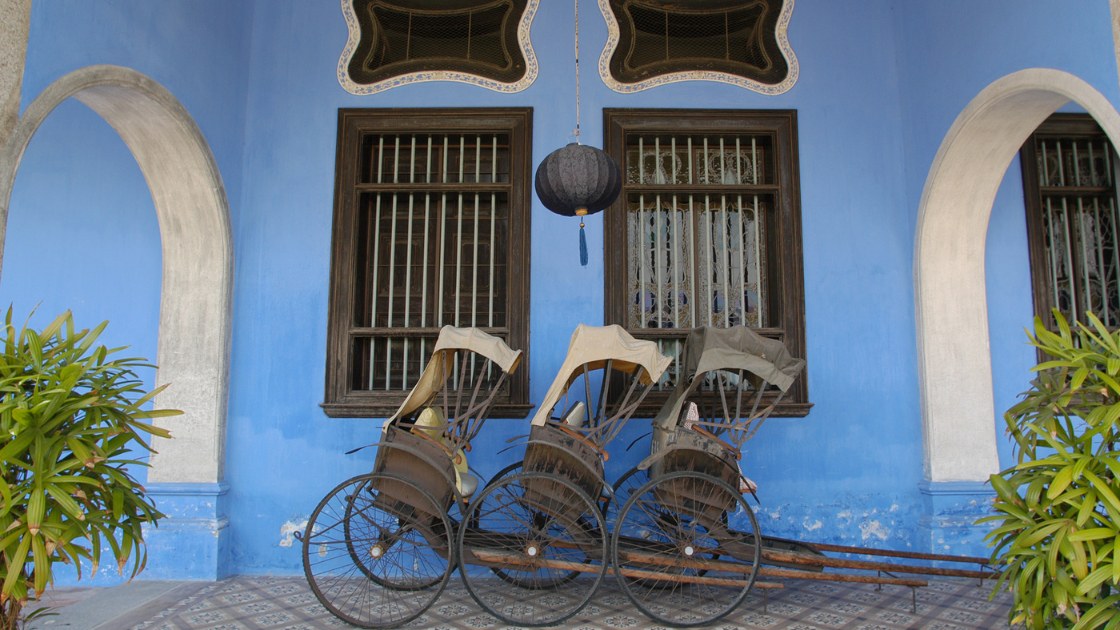Just last month, Penang made headlines for an insane 10-hour traffic jam that left people stranded for hours. So, it’s no surprise I often daydream about what life would be like with a proper transit system—where you can hop on a train and zoom across the city without worrying about traffic. Now, with the proposed Penang rail system, called the Mutiara Line, my daydream might finally come true.
Sounds great, right? But hold on, things aren’t that simple.
This plan is already causing a stir across the Pearl of the Orient. Sure, the Light Rail Transit (LRT) could transform how Penangites — and Malaysians in general — get around. But here’s the real question: At what cost to our infrastructure, community, and environment?
Penang’s traffic woes
Let’s be real: Penang’s traffic is a nightmare. It’s like a never-ending game of bumper cars (minus the crashing), especially during rush hour. If Fast & Furious were filmed here, they’d probably have to call it Slow & Furious.
The proposed 29-kilometer Penang rail system, including a line connecting the island to the mainland, promises to be the answer by cutting down traffic and making our island more walkable. This shiny new LRT project could be a game-changer, turning Penang into the kind of city where you don’t need to rely on cars for every trip.
As someone who doesn’t own a car myself, I’ve long wished for a reliable transit system, not just in Penang but across Malaysia. So yes, in many ways, it sounds like a dream come true.
The cost of progress
But the grass isn’t always greener on the other railroad track.
The proposed route cuts through areas central to Penang’s charm. While there have been adjustments to avoid some spots, like schools, the train still passes by many cherished locations. Are we really prepared to sacrifice our scenic spots that make Penang special for the sake of a faster commute?
It feels like we’re stuck between modernizing the city and preserving the natural beauty we love. And let’s not forget — Penang isn’t huge. Would the 29-kilometer Penang rail system be too massive?
This debate isn’t limited to Penangites. Across Malaysia, we’re grappling with similar issues of balancing progress and preservation. As cities like Kuala Lumpur expand their transit systems, questions about the environmental impact and the effect on local communities are coming up more and more.
Weighing the future
My friends and I often debate the pros and cons of the Mutiara Line because it’s about more than just traffic — it’s about our future.
This rail could turn Penang into a super-livable, less car-dependent city, or it could result in a city of concrete slabs and an underused LRT line. It’s not just about making Penang easier to navigate but about protecting what makes our island — and by extension, our country — unique.
This conversation mirrors the broader national struggle: How do we ensure that progress doesn’t steamroll over our heritage and environment?
The road ahead
The Penang rail system might solve our daily headaches, but if it erases the charm of our island and sets a precedent for other parts of Malaysia, are we really winning?
Change is inevitable and necessary for progress, but if we want a future we can be proud of, we need to get it right. So, the next time you hop on a bus, car, or LRT — or even just walk down the road—think about who’s making these decisions and how they might shape not just Penang but your hometown too.
Let’s make sure that progress doesn’t come at the expense of what makes our country special!




